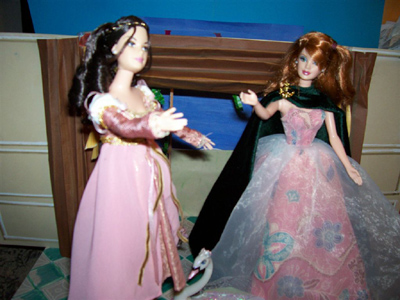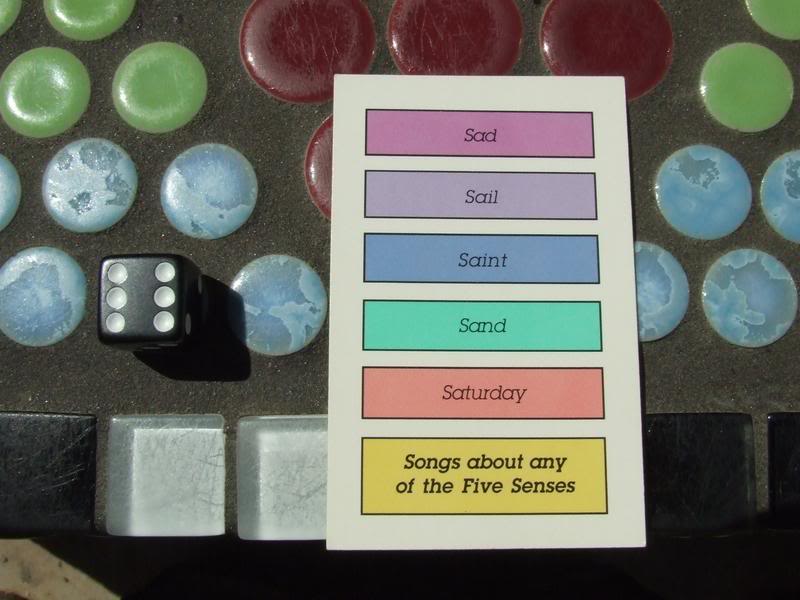Recently I annoyed someone (stranger at a kid's birthday party) whose first question on hearing that we homeschool was "How do you get her to listen to you?" by instantly replying "I try to say something worth listening to."
I thought she meant listen in general. She got this look of utter irritation on her face and started on about what a discipline problem her 7yo son was and how much more difficult it would be to have to keep his attention on school subjects and make him work at home. What she was really asking was "How do you make your daughter do her work?"
The paradigms we live under are so broadly apart from the mainstream that even the language doesn't cross over—we use the same words and have different meanings.
Yet of all the children at the birthday party Jayn was the one who came up to me a couple of times just to give me a quick kiss and say what fun she was having.

You can read more by Robyn here: Robyn Coburn
and see some of the Barbie tableaux that Jayn was making in the days mentioned at Barbie in Romeo and Juliet
photo by Jayn Coburn, years ago


















